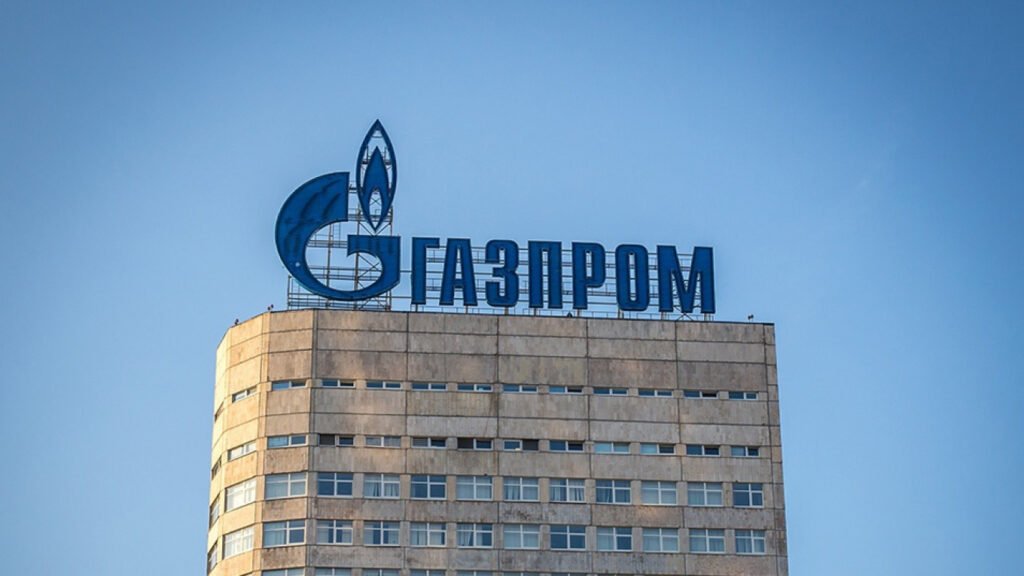In a significant shift for European energy dynamics, Russia’s state-controlled energy giant, Gazprom, announced on Wednesday that it has ceased the transit of natural gas through Ukraine. This action follows the expiration of a long-standing transit agreement at the stroke of midnight, marking the end of a critical energy link between Russia and several European nations.
The cessation of gas flow commenced at 8:00 AM Moscow time, after Ukraine explicitly declined to extend the transit contract amid the backdrop of ongoing conflict with Russia. Gazprom stated in a release that “Due to the repeated and explicitly expressed refusal of the Ukrainian side to extend these agreements, Gazprom was deprived of the technical and legal opportunity to supply gas for transit through the territory of Ukraine from January 1, 2025.”
This halt in gas transit has immediate and widespread implications:
Economic Consequences: The termination of the gas transit deal means a significant financial blow to both Gazprom and Ukraine. Gazprom is expected to lose approximately $5 billion annually in gas sales, while Ukraine will see a reduction in transit fees by around $800 million each year, a loss that impacts its already strained economy due to the ongoing conflict.
European Energy Security: Countries like Slovakia, Austria, and Moldova, which have been major recipients of Russian gas via Ukraine, now face a challenging winter. Slovakia and Austria have made arrangements to source gas from alternate suppliers or through different routes, but Moldova, already grappling with energy shortages, declared emergency measures to mitigate the impact.
Geopolitical Ramifications: This move underscores the intensifying geopolitical rift between Russia and Ukraine. Ukrainian President Volodymyr Zelenskyy had previously stated that Kyiv would not extend the transit agreement, emphasizing a stance against Moscow earning “additional billions on our blood.” This event is seen by some as a strategic victory for Ukraine in diminishing Russian leverage through energy.
Alternative Supply Strategies: The European Union has been preparing for this scenario, with efforts to diversify energy sources intensified over the last year. Liquefied Natural Gas (LNG) from the U.S. and Qatar, along with increased supplies from Norway, have been part of the strategy to reduce reliance on Russian gas. However, the sudden stop in Ukrainian transit might still lead to spikes in energy prices if not managed carefully.
Local Impact: In Moldova’s breakaway region of Transnistria, the cessation of gas has led to immediate cuts in heating and hot water supplies, highlighting the human cost of such geopolitical maneuvers.
The European Commission has reassured that the bloc is well-prepared to handle the transition, pointing to robust storage levels and diversified supply chains. However, the situation remains fluid, with potential for further geopolitical tensions or energy price volatility in the coming months.


